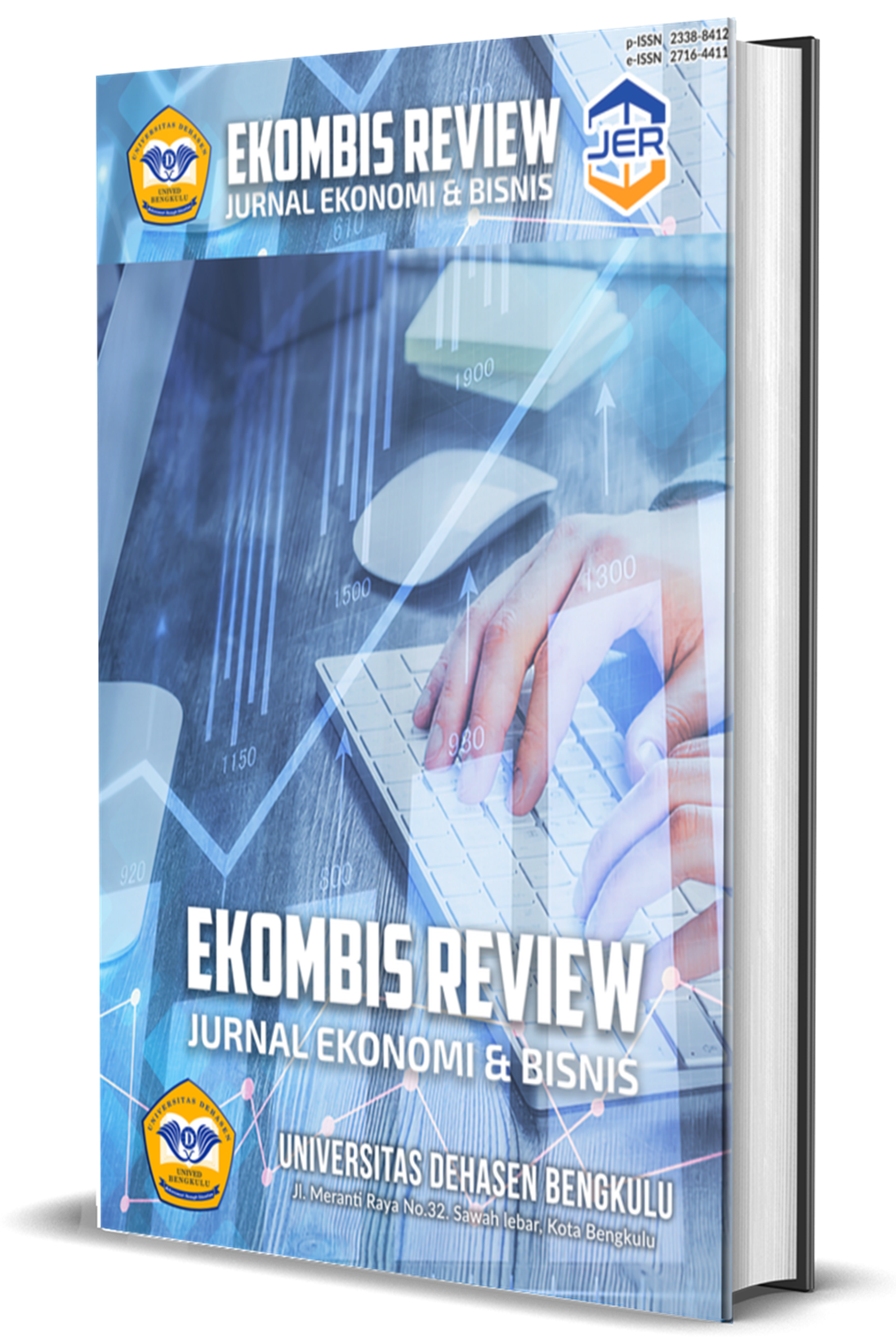Development Strategy Of Village-Owned Enterprises (Bumdes) As A Social Enterprise In North Bengkulu Regency
Abstract
Village-Owned Enterprises (BUMDes) is one of the pillars of community welfare, utilizing local wisdom to turn the potential in each village into a source of income for the village community. The purpose of this study is to analyze the development strategy of Village-Owned Enterprises (BUMDes) that are still categorized as Pioneer level (A). This research uses qualitative descriptive methods and Focus Group Discussions (FGD) to identify issues in the village. The data analysis method employs SWOT analysis (Strengths, Weaknesses, Opportunities, Threats). The results of this study indicate that the main internal strength factor in the development strategy of BUMDes in North Bengkulu is clear regulations that support the implementation system of BUMDes. The main weakness is that it has not contributed to the village's original income (PAD). From the external factors, the main opportunity is the potential for local village development and market potential/opportunity. The main threat factor is competition with private entities with similar business units. The priority strategy with the highest TAS score is the development of local wisdom-based business units with support from the government and private sector.
Downloads
Copyright (c) 2025 Dita Winastia Putri, Suwarni Suwarni, Kresnawati Kresnawati

This work is licensed under a Creative Commons Attribution-ShareAlike 4.0 International License.
An author who publishes in the EKOMBIS REVIEW: Jurnal Ilmiah Ekonomi dan Bisnis agrees to the following terms:
Author retains the copyright and grants the journal the right of first publication of the work simultaneously licensed under the Creative Commons Attribution-ShareAlike 4.0 License that allows others to share the work with an acknowledgement of the work's authorship and initial publication in this journal
Submission of a manuscript implies that the submitted work has not been published before (except as part of a thesis or report, or abstract); that it is not under consideration for publication elsewhere; that its publication has been approved by all co-authors. If and when the manuscript is accepted for publication, the author(s) still hold the copyright and retain publishing rights without restrictions. For the new invention, authors are suggested to manage its patent before published. The license type is CC-BY-SA 4.0.
EKOMBIS REVIEW: Jurnal Ilmiah Ekonomi dan Bisnis is licensed under a Creative Commons Attribution-ShareAlike 4.0 International License.














